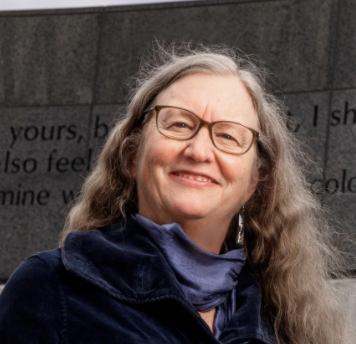After One Hundred Winters: America's Stolen Lands
After One Hundred Winters confronts the harsh truth that the United States has thrived on land violently taken away from Indigenous people. Settler historian Margaret Jacobs asks what reconciliation might mean in light of this haunted history. She argues that we have much to gain by learning from our history instead of denying it, even as she lays out the brutal legacy of systemic racial injustice to Indigenous people.
Jacobs also explains how early attempts at reconciliation were only successful in further robbing tribal nations of their already reduced land holdings and forcing their children into abusive boarding schools. True reconciliation, she insists, can only emerge through Indigenous leadership and sustained relationships between Indigenous and non-Indigenous people rooted in specific places and histories. In the absence of an official apology and a federal Truth and Reconciliation Commission, a movement for transformative reconciliation is unofficially underway that puts Indigenous land rights, sovereignty, and values at the forefront. With historical sensitivity and an eye to the future, Jacobs urges people to face the past and learn from it, and once they have done so, to redress past abuses.
MLF ORGANIZER
George Hammond
NOTES
MLF: Humanities

Margaret Jacobs
Professor of History and Director, The Center for Great Plains Studies, University of Nebraska–Lincoln; Author, After One Hundred Winters: In Search of Reconciliation on America's Stolen Lands

In Conversation with George Hammond
Author, Conversations With Socrates

